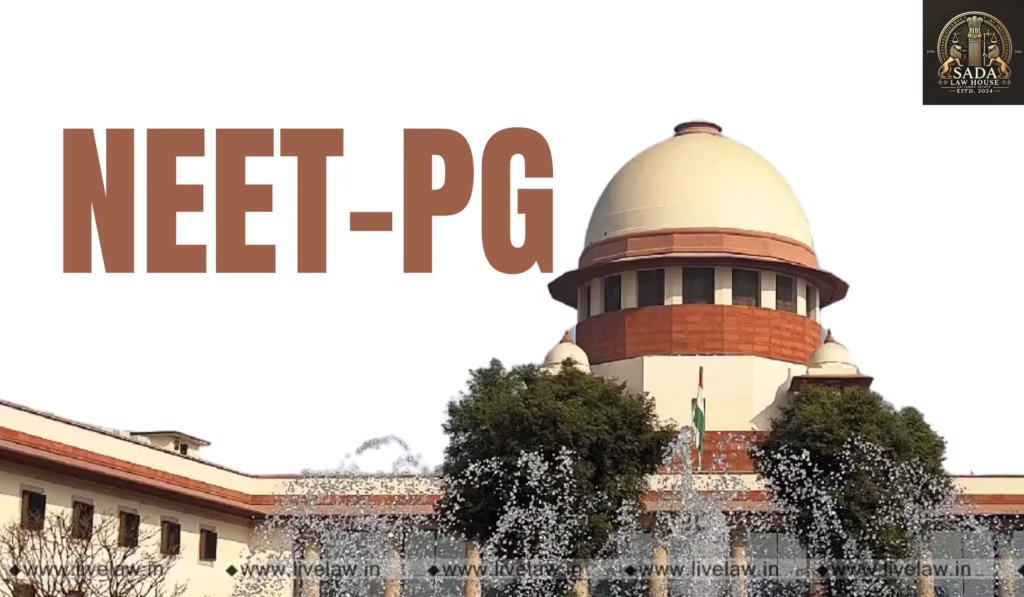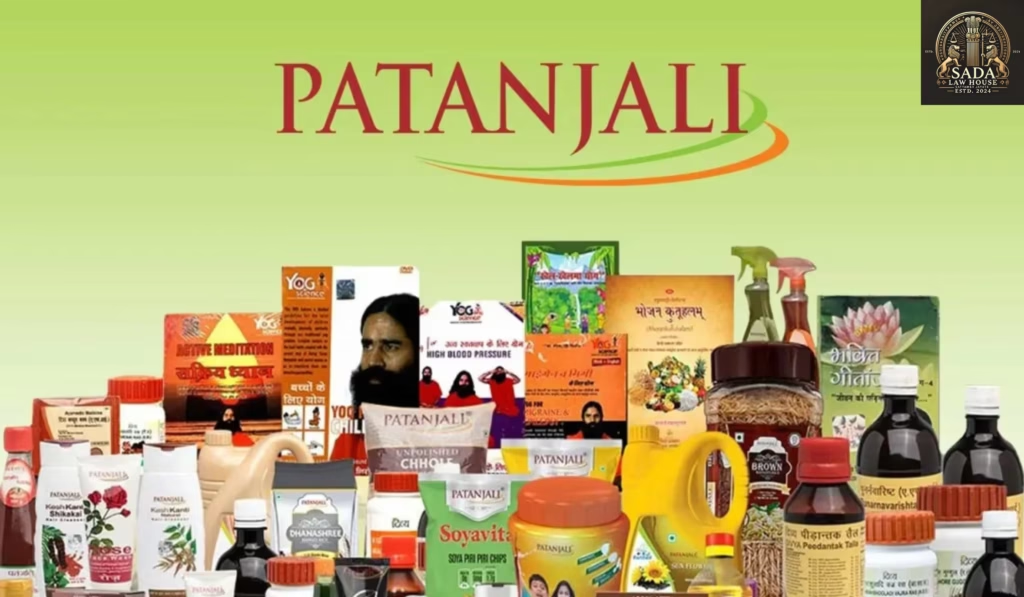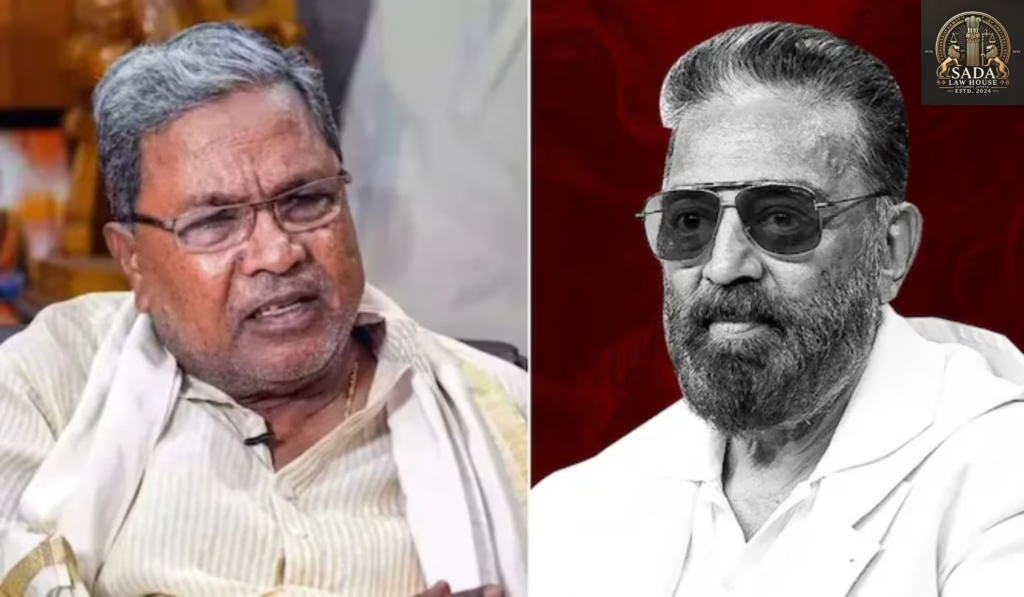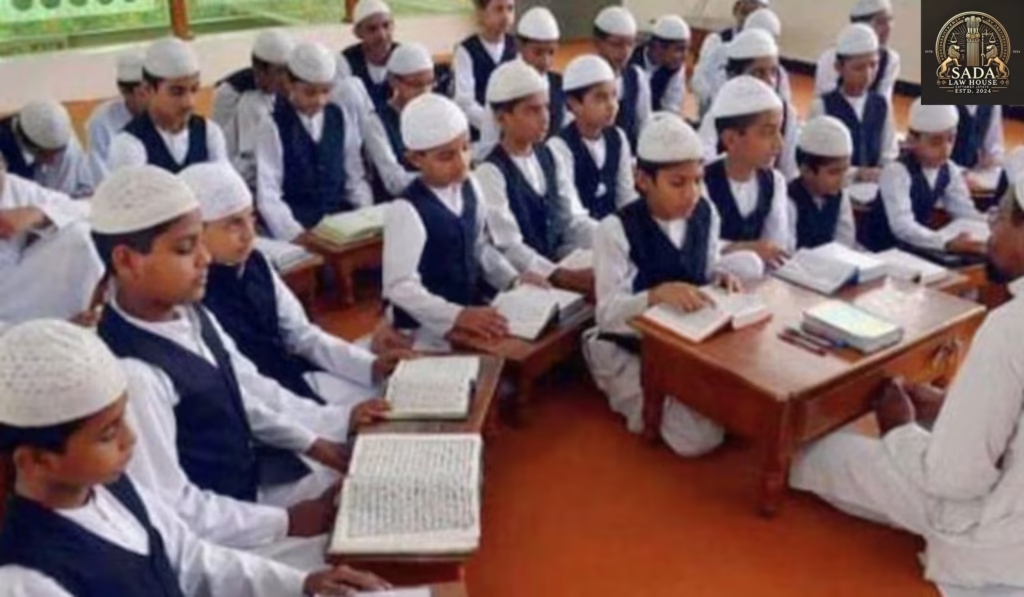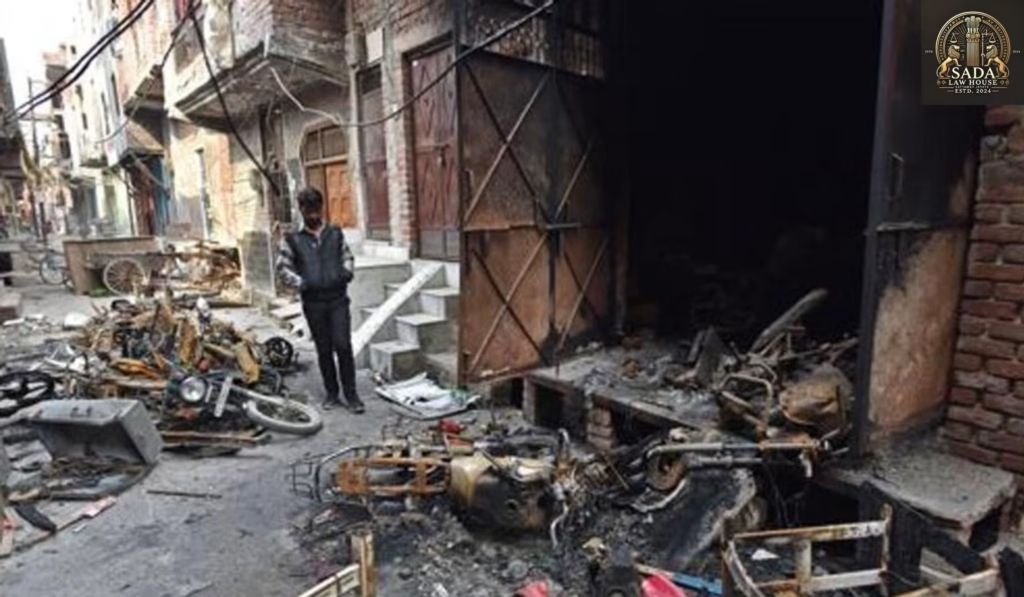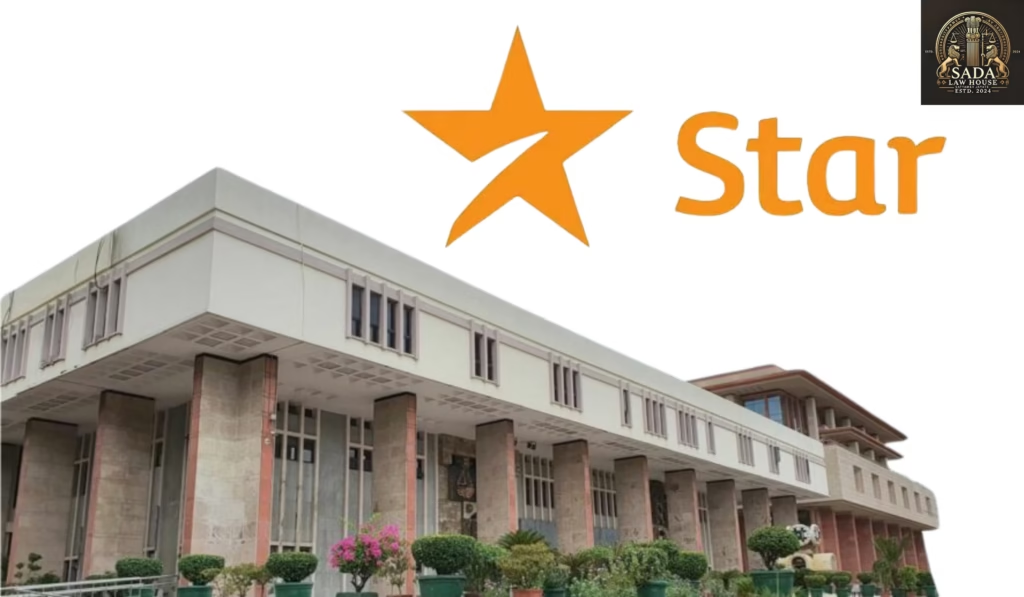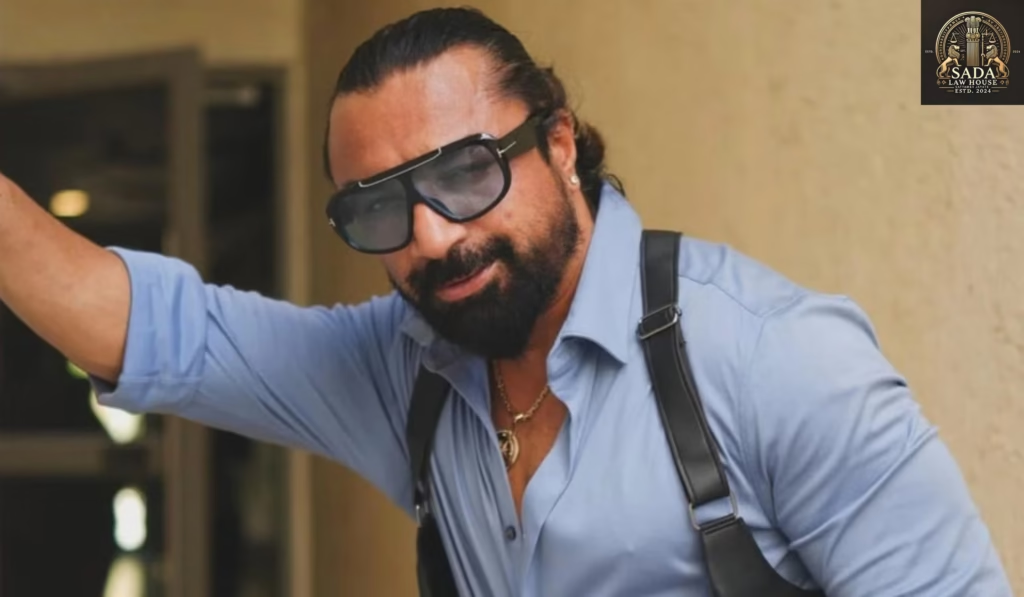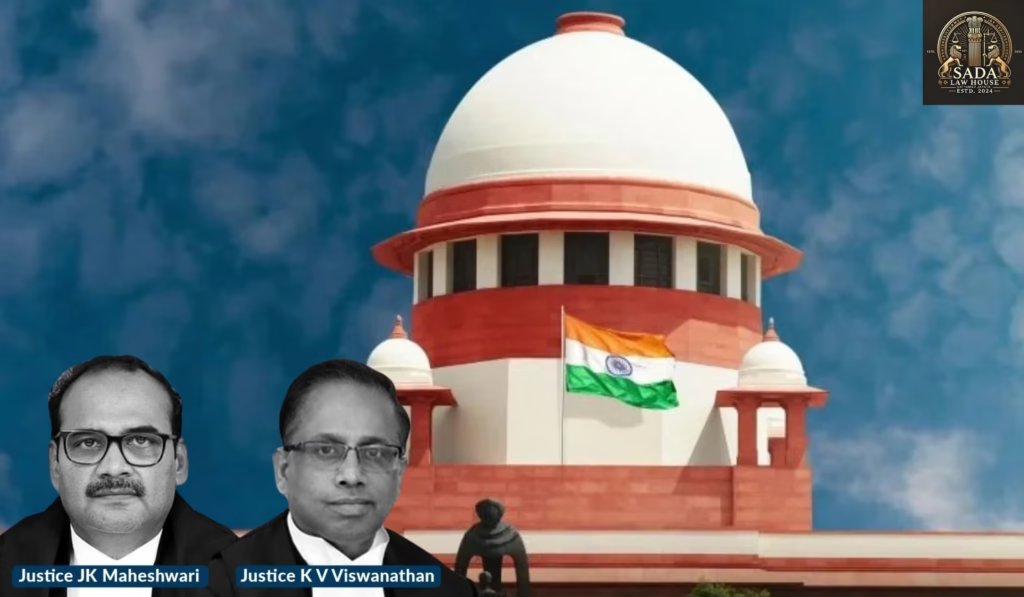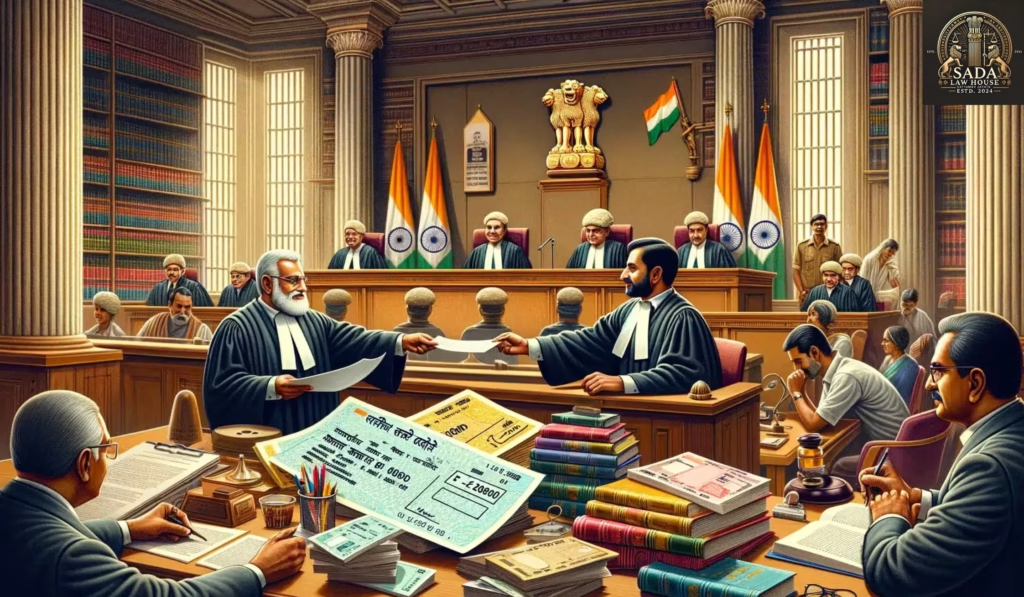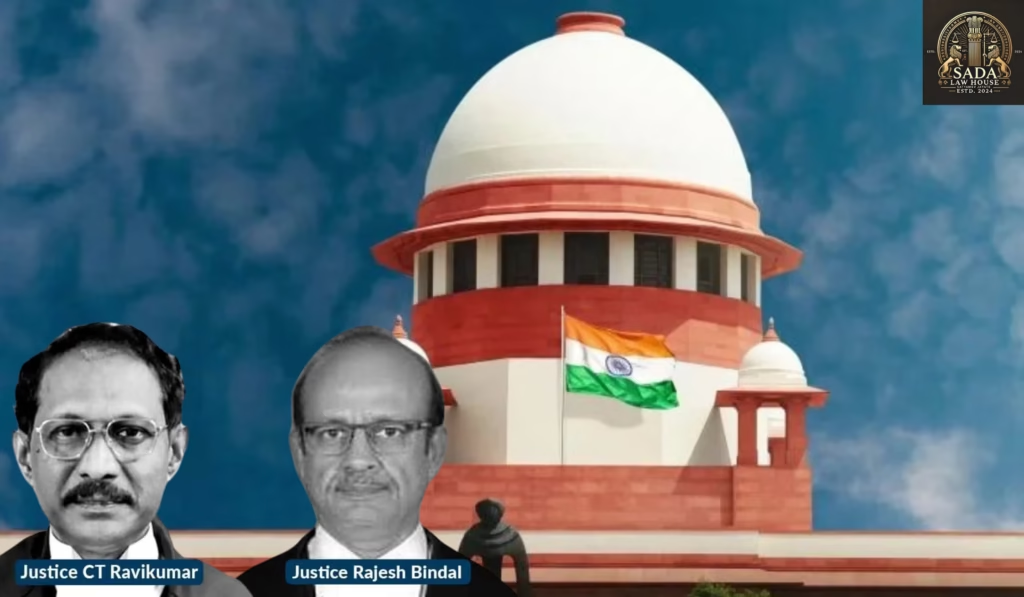NEET-PG 2025 Postponed: Supreme Court Directs Single-Shift Exam for Transparency and Fairness
Trending Today Woman Faces Criminal Charges for Concealing ₹10 Lakh in Divorce Settlement in Delhi NEET-PG 2025 Postponed: Supreme Court Directs Single-Shift Exam for Transparency and Fairness Allahabad High Court Upholds ₹273.5 Crore GST Penalty on Patanjali Ayurved Kamal Haasan’s “Kannada from Tamil” Comment Sparks Legal Row and Film Boycott Threats Supreme Court Questions Government Over Non-Recognition of Madarsa Degrees Like Kamil and Fazil Delhi Riots Conspiracy Case: Fresh Hearing Begins After Judge Transfers in Higher Judiciary Delhi High Court Issues Dynamic Injunction to Block Illegal Streaming of ICC World Cup by Rogue Websites LEGAL JOB OPPORTUNITY AT A.G. & ASSOCIATES LEGAL JOB OPPORTUNITY AT WINT WEALTH JOB OPPORTUNITY AT MERAKI LEGAL NEET-PG 2025 Postponed: Supreme Court Directs Single-Shift Exam for Transparency and Fairness PRABHAT KUMAR BILTORIA 04 June 2025 NEET-PG 2025 exam postponed as per Supreme Court’s directive. The exam will now be conducted in a single shift to ensure transparency and fairness. Get the latest updates on the new exam date and details from the National Board of Examination National Board of Examination Announces Postponement The National Board of Examination (NBE) has officially postponed the NEET-PG 2025 exam. Following the Supreme Court of India‘s directive, the exam will now be conducted in a single shift to prevent unfairness associated with the two-shift format. Supreme Court’s Directive on NEET-PG 2025 The Hon’ble Supreme Court of India, in W.P. No. 456/2025 (Aditi & Ors Versus National Board of Examination in Medical Sciences & Ors), ordered: “We direct the respondents to ensure that the NEET-PG 2025 examination is conducted in one shift, ensuring complete transparency and secure centres. Accordingly, NBEMS will conduct NEET-PG 2025 in a single shift.” The exam, originally scheduled for June 15, 2025, has been postponed. The new date will be announced shortly by the NBE. Reasons Behind Postponement and Single Shift Conduct The postponement allows time to establish additional test centers and strengthen necessary infrastructure to support the single-shift exam format. The Supreme Court bench comprising Justice Vikram Nath, Justice Sanjay Kumar, and Justice NV Anjaria emphasized transparency and fairness in their directive. Ensuring Fairness: Why Two Shifts Were Rejected Conducting the exam in two shifts can create disparities because it is impossible to guarantee that question papers in both shifts are of the same difficulty level. The Court highlighted that holding the exam in a single shift ensures all candidates compete on an equal footing. Supreme Court’s Rejection of NBE’s Argument The Court rejected the NBE‘s claim that there were insufficient centers to hold the exam in one shift, stating: “The exam will take place nationwide, rather than in a single city. It is unacceptable for the examining authority, given the technological progress in this country, to not locate sufficient centres for conducting the examination in a single shift.” This order came after hearing several petitions challenging the decision to hold NEET-PG 2025 in two shifts. What Candidates Should Expect Next Candidates preparing for NEET-PG 2025 should stay alert for the official announcement of the new exam date. The single-shift format aims to ensure a fair, transparent, and secure examination environment for all aspirants. Conclusion: NEET-PG 2025 Single Shift to Enhance Fairness and Transparency The Supreme Court’s decision to postpone NEET-PG 2025 and conduct it in a single shift reflects a commitment to fairness and transparency in India’s medical entrance examinations. This move addresses concerns about the difficulty variation between different shifts and ensures a level playing field for all candidates. Aspirants should keep an eye on official updates from the National Board of Examination for the revised exam schedule and prepare accordingly for this important milestone in their medical careers. Leave a Reply Cancel Reply Logged in as Sada Law. Edit your profile. Log out? Required fields are marked * Message* Live Cases Woman Faces Criminal Charges for Concealing ₹10 Lakh in Divorce Settlement in Delhi Woman Faces Criminal Charges for Concealing ₹10 Lakh in Divorce Settlement in Delhi Sada Law • June 4, 2025 • Live cases • No Comments NEET-PG 2025 Postponed: Supreme Court Directs Single-Shift Exam for Transparency and Fairness NEET-PG 2025 Postponed: Supreme Court Directs Single-Shift Exam for Transparency and Fairness Sada Law • June 4, 2025 • Live cases • No Comments Allahabad High Court Upholds ₹273.5 Crore GST Penalty on Patanjali Ayurved Allahabad High Court Upholds ₹273.5 Crore GST Penalty on Patanjali Ayurved Sada Law • June 4, 2025 • Live cases • No Comments 1 2 3 … 5 Next »

